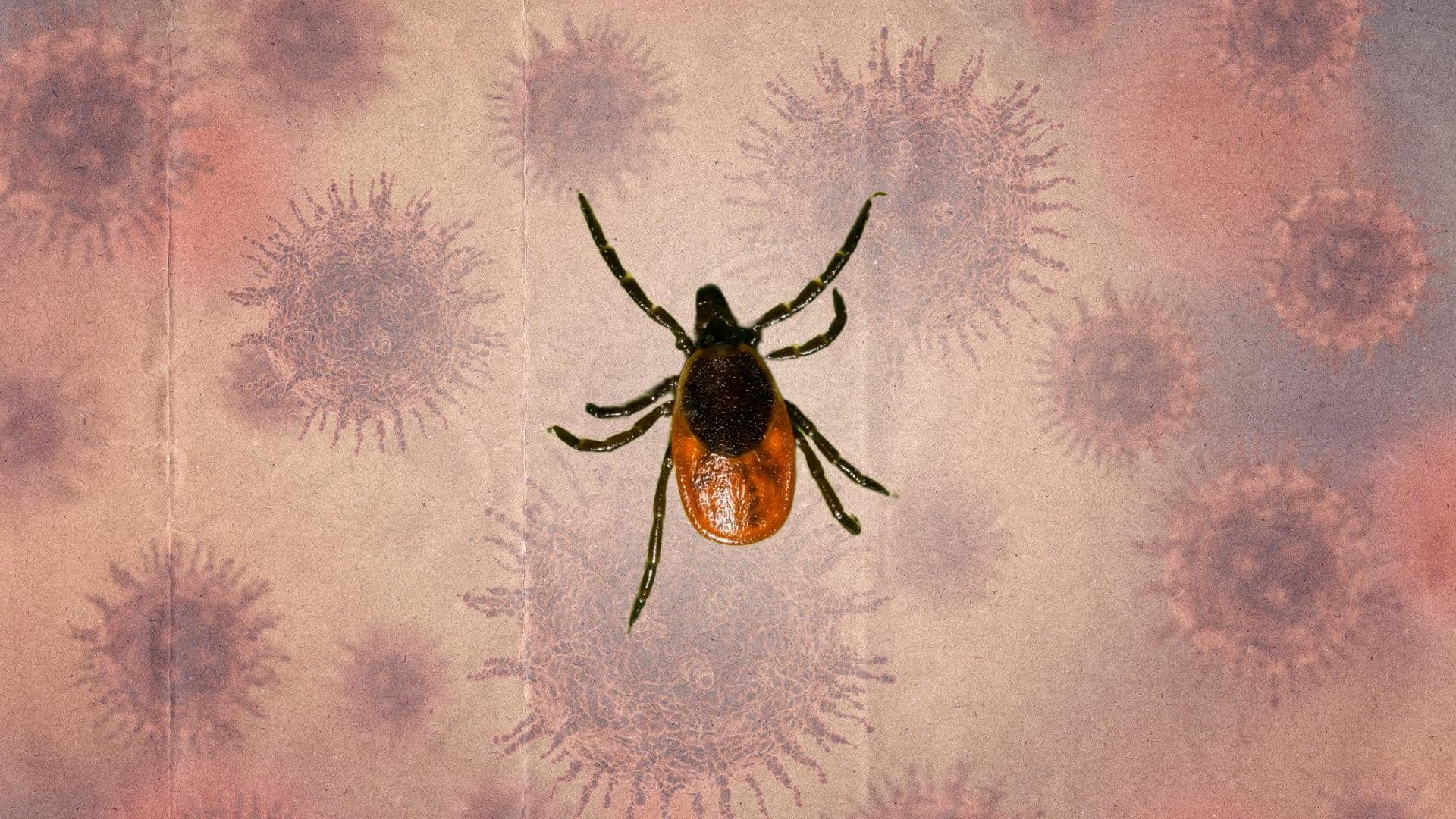
What is Powassan virus? All about this rare, tick-borne illness
What's the story
A rare disease called Powassan virus, transmitted by ticks has caused its first death in the United States of America this year. A 58-year-old resident from Sagadahoc County of Maine fell victim to this deadly illness. Referred as "ticking time bomb," this virus has the potential to become more common with the changing climate, leading to a significant public health challenge in the future.
Context
Here's what our expert says
Powassan virus is a tick-borne virus. The ticks are usually found on small mammals like squirrels, groundhogs, and deer. Humans are accidental hosts for the virus. This virus is found in North America, parts of Eurasia, and the eastern part of Russia. It causes encephalitis with symptoms like seizures, cranial nerve palsies, and altered mental status. It can be deadly in the immunocompromised.
Cases
This is the third such death since 2015
Maine has documented a total of 15 confirmed cases of this infection since 2015. The situation intensified in 2022 with four reported cases, leading to the tragic loss of two lives. The recent death of the Maine resident is now the third fatality. The escalating numbers highlight the urgent need for heightened awareness and preventive measures.
Powassan virus
What is Powassan virus?
This virus is primarily spread to humans through bites from infected ticks, such as deer, groundhog, or squirrel ticks. These ticks are commonly found in the Great Lakes region of North America between late spring to mid-autumn, but other parts of the country have also reported some cases lately. The virus got its name from Powassan, Ontario, the town where it was first identified.
Signs
What are the symptoms of this viral disease?
According to the Centre for Disease Control and Prevention (CDC), people who catch the Powassan virus won't experience significant symptoms, but some may develop fever, headache, vomiting, and weakness within one week to a month after getting bitten. More severe cases can lead to seizures, encephalitis, and meningitis. In rare instances, confusion, coordination issues, and speech difficulties may occur, potentially causing long-term health complications.
Treatment
Is there a treatment?
Currently, there is no specific vaccine or medication available for treating Powassan virus disease. If you suspect you have the virus, consult your doctor. Diagnosis is typically made by considering the patient's symptoms, signs, and travel or residence history in regions where the virus is known to be present. In addition, laboratory testing of blood or spinal fluid is used to determine the condition.
Prevention
What preventive measures can you take?
To stay safe from infection, the best way is to prevent tick bites. If you are in areas where ticks are common, wear long sleeves and trousers. After being outside, check your body for ticks and remove them right away. Use tweezers to grasp the tick near the skin and pull it out gently. Clean the bite area with soap and water.